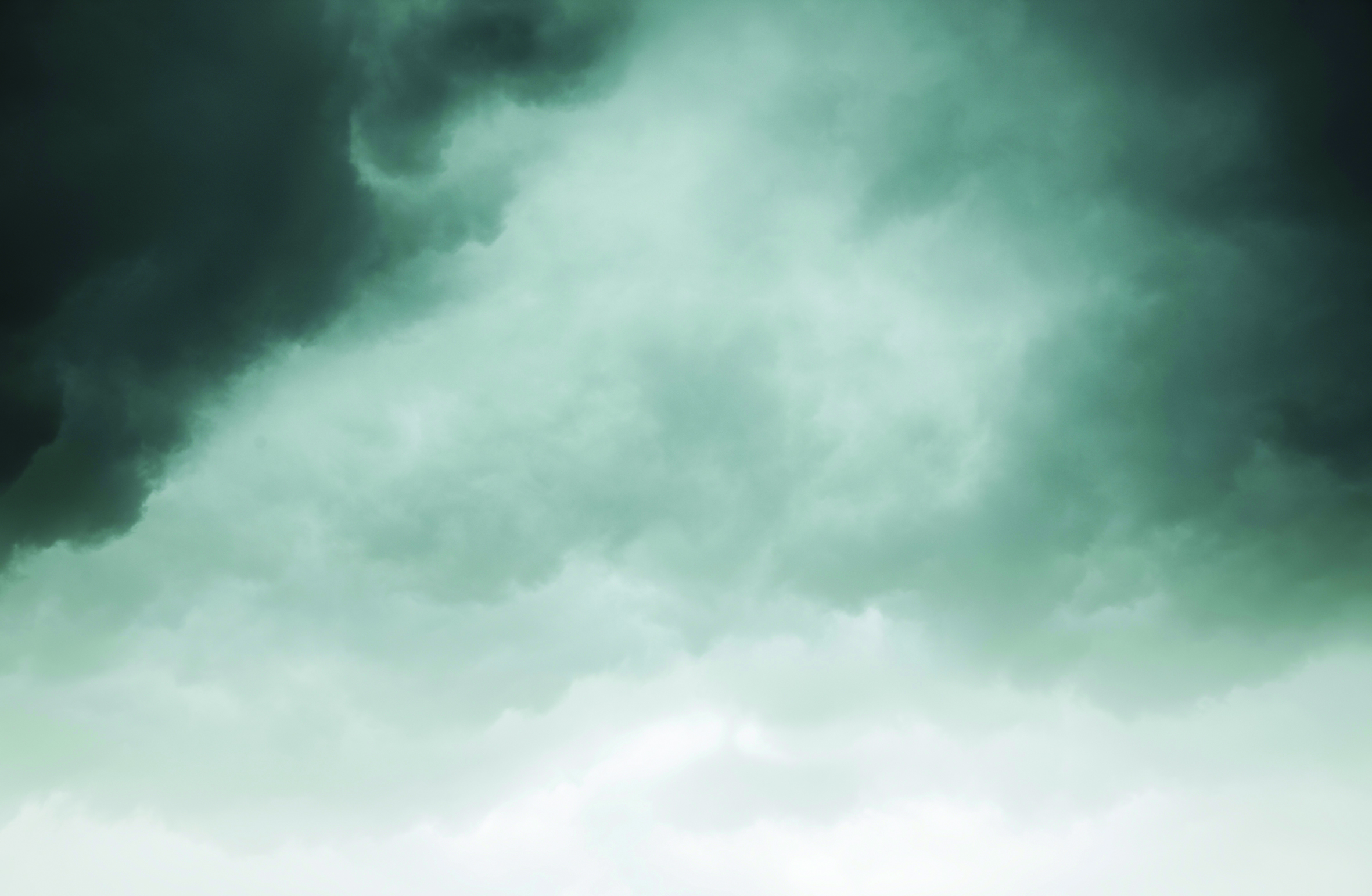Tackling the Typhoon
Written by Karina Prananto
Summer is the rainy season in Korea, and although we may regard this as a blessing since it lowers the temperature, it also brings some undesirable side effects – typhoons. A typhoon starts in the Pacific Ocean and often makes its way to the north. Some typhoons occur as early as June and are common to the end of September. A tropical storm is regarded as a typhoon if it has a wind speed of more than 33 meters per second. The warm water, evaporation, and winds create tropical storms, and Korea, being a peninsula, is not exempt from the path of many typhoons. The southern part of Korea and Jeju Island usually receive the worst of these storms as they veer east towards Japan. Last year’s Typhoon Chaba was regarded as the region’s third most intense typhoon, and the strongest after Typhoon Sanba in 2012.
Since the chances are great that we will encounter at least one typhoon again this year, it is prudent to be aware of countermeasures we can take to lessen the dangerous effects of typhoons. Here are some tips from us at Gwangju News:
- The number-one rule of thumb: Refrain from leaving your home unless absolutely necessary.
- Prepare an emergency kit containing flashlights, warm clothes, a basic hygiene kit (toothbrush, toothpaste, soap, shampoo, sanitary items), water, and canned goods, and keep it in the house in case of emergency or evacuation. Check online for what items you should prepare.
- Close the windows. Tape an “X” on the windows, or use wet newspapers and stick them to the windows (use packing tape). When the typhoon hits and sends flying objects at the windows, the tape and newspaper will help block the objects from flying through and also prevent shattering glass from flying everywhere. Try to stay away from windows or glass doors.
- Clear the verandas of small objects that can easily be picked up by the winds, including flower vases.
- Avoid walking near or under big billboards or road signs.
- Avoid going to the roof of tall buildings or underground places where flooding and landslides may occur.
- Avoid using the elevator.
- Do not park your car near riverbeds or the riverside.
- Find out what shelters may be nearby, remember the emergency number 119, and always keep updated on news about approaching typhoons.
- Alert your family members of your current location.
- Don’t stress yourself about something that you cannot control. It is better to stay home and cancel those meetings or appointments than to be sorry you went out at all.
For more updated information on the general weather and the status of typhoons, visit the Korea Meteorological Administration’s website: http://web.kma.go.kr/eng/index.jsp







